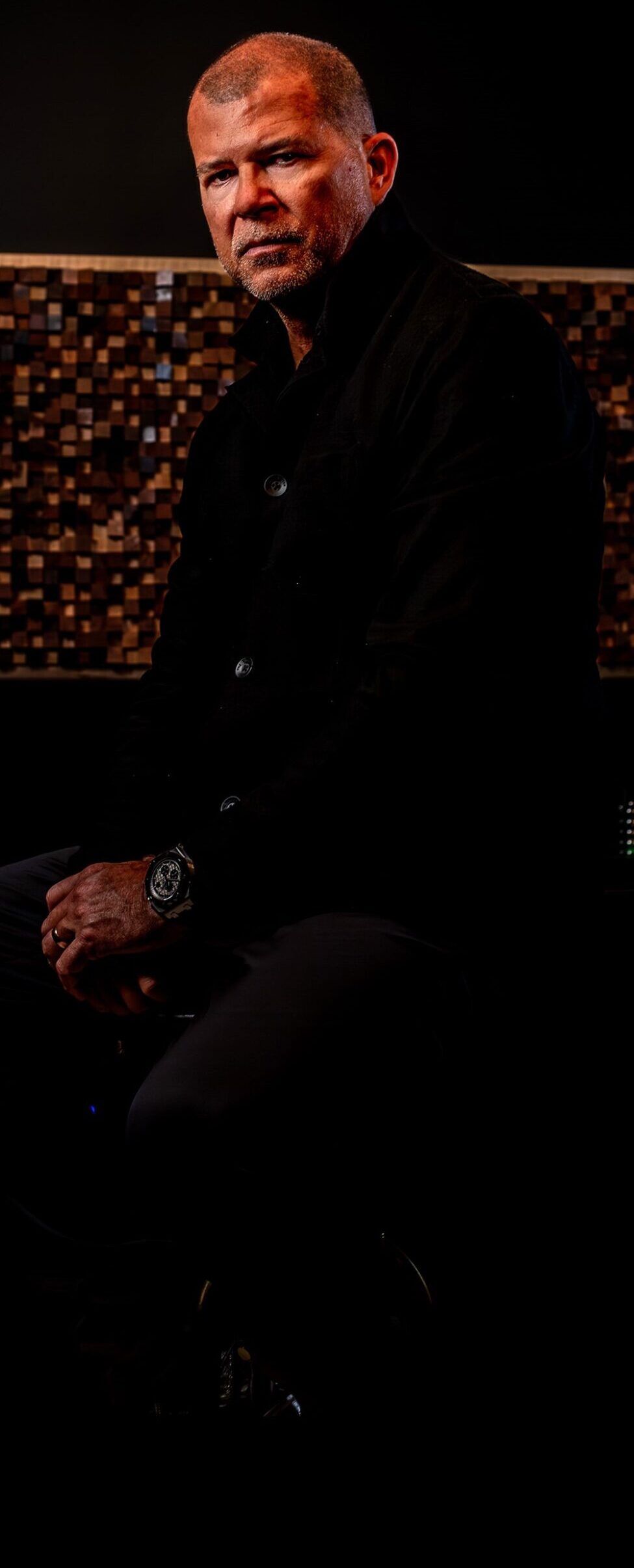Mark Wieczorek is a disorderly conduct lawyer. Disorderly conduct is defined as an “offense against the public peace” and can arise out of many different situations and circumstances.
Section 2917.11 of the Ohio Revised Code (ORC) governs the charge. Disorderly Conduct can be charged as either a minor misdemeanor or a misdemeanor of the 4th degree. If charged with the crime of disorderly conduct, it is important to hire an aggressive disorderly conduct lawyer.
Disorderly Conduct Lawyer in Cincinnati
Many disorderly conduct charges are charged as minor misdemeanors. However, other more serious behavior can be charged as a fourth-degree misdemeanor. If you are charged with disorderly conduct, you need to contact an experienced disorderly conduct lawyer today.
Mark Wieczorek serves all of Ohio, including Hamilton County, Butler County, Clermont County, Brown County, Highland County, Clinton County, Preble County, Scioto County, Greene County, Montgomery County, Warren County, and Southern Ohio.
Schedule a free case review with Mark Wieczorek of The Wieczorek Law Firm, LLC by calling us at (513) 317-5987 or completing an online contact form.
- Overview of Disorderly Conduct Charges in Ohio:
- Disorderly Conduct Defined
- Types of Disorderly Conduct
- Penalties
- Defenses Against Disorderly Conduct Charges
- Collateral Consequences
- Expungement of Disorderly Conduct Convictions
- Additionally Resources
- Hire a Lawyer for Disorderly Conduct in Hamilton County, Ohio
Disorderly Conduct Defined
The statute defines disorderly conduct in two key ways:
(A) No person shall recklessly cause inconvenience, annoyance, or alarm to another by doing any of the following:
- (1) In a public place or in the presence of two or more persons, engage in conduct likely to be offensive or to cause inconvenience, annoyance, or alarm to persons of ordinary sensibilities, which conduct the offender, if the offender were not intoxicated, should know is likely to have that effect on others;
- (2) Engage in conduct or create a condition that presents a risk of physical harm to the offender or another, or to the property of another.
This includes conduct committed in a public place while “voluntarily intoxicated.”
Warnings
While police officers often do provide a warning prior to arrest, they are not required to do so.
Failing to desist from the disorderly action after an officer has provided a legally reasonable request to stop will elevate the charge from a minor misdemeanor to a fourth-degree misdemeanor.
Types of Disorderly Conduct
As reckless inconvenience, annoyance, or alarm:
(1) Engaging in fighting, in threatening harm to persons or property, or in violent or turbulent behavior;
(2) Making unreasonable noise or an offensively coarse utterance, gesture, or display or communicating unwarranted and grossly abusive language to any person;
(3) Insulting, taunting, or challenging another, under circumstances in which that conduct is likely to provoke a violent response;
(4) Hindering or preventing the movement of persons on a public street, road, highway, or right-of-way, or to, from, within, or upon public or private property, so as to interfere with the rights of others, and by any act that serves no lawful and reasonable purpose of the offender;
(5) Creating a condition that is physically offensive to persons or that presents a risk of physical harm to persons or property, by any act that serves no lawful and reasonable purpose of the offender.
As intoxication:
(1) In a public place or in the presence of two or more persons, engage in conduct likely to be offensive or to cause inconvenience, annoyance, or alarm to persons of ordinary sensibilities, which conduct the offender, if the offender were not intoxicated, should know is likely to have that effect on others;
(2) Engage in conduct or create a condition that presents a risk of physical harm to the offender or another, or to the property of another.
(C) Violation of any statute or ordinance of which an element is operating a motor vehicle, locomotive, watercraft, aircraft, or other vehicle while under the influence of alcohol or any drug of abuse, is not a violation of division (B) of this section.
(D) If a person appears to an ordinary observer to be intoxicated, it is probable cause to believe that person is voluntarily intoxicated for purposes of division (B) of this section.
Penalties
Disorderly conduct in Ohio is generally categorized as a minor misdemeanor. However, certain aggravating factors can elevate the charge to a more serious offense.
- Minor Misdemeanor:
- Unless otherwise specified, disorderly conduct charges default to this classification.
- Punishable by a fine of up to $150.
- No jail time is possible.
- Probation is not a possibility.
- Fourth-Degree Misdemeanor:
- Applies when disorderly conduct involves a risk of harm to others, public intoxication, or occurs near a school or in the presence of minors, or as part of a riot.
- Applies when a cease and desist from an officer is ignored.
- Punishable by up to 30 days in jail and fines up to $250.
- Repeat Offenses:
- Three prior convictions under disorderly conduct charges results in a fourth-degree misdemeanor.
Defenses Against Disorderly Conduct Charges
- Freedom of speech/expression: If the neighbors lodge a noise complaint, while you’re hosting a party, you might be charged with disorderly conduct. Additionally, if you participate in a protest, you may risk being labeled as a rioter, depending on the circumstances. In both these scenarios, you may be able to argue that your speech falls under the first amendment.
- Self-Defense: If you were involved in a fight, an officer may simply charge both you with disorderly conduct. Your attorney assert the defense of self-defense, if applicable.
Expungement of Disorderly Conduct Convictions
Ohio law allows for the expungement of disorderly conduct convictions. Expungement removes the conviction from public records, providing a fresh start. The process involves:
- Eligibility:
- You must have completed their sentence and waited the required period of one year, before applying for expungement.
- Application:
- Filing a formal petition with the court where the conviction occurred.
- Hearing:
- Attending a court hearing where a judge evaluates the petition and determines eligibility for expungement.
Additionally Resources
- Ohio Revised Code Section 2917.11 – This section of the Ohio Revised Code defines disorderly conduct, outlining prohibited behaviors and associated penalties. It serves as the primary legal reference for understanding what constitutes disorderly conduct in Ohio.
- Ohio Disorderly Conduct Laws – This resource offers an overview of Ohio’s disorderly conduct laws, including examples of actions that may lead to charges and potential legal consequences. It provides context and interpretation to help individuals comprehend the practical applications of the law.
Hire a Lawyer for Disorderly Conduct in Hamilton County, Ohio
Mark Wieczorek is a disorderly conduct defense lawyer who serves clients in Southern Ohio, as well as Hamilton, Clermont, Butler, Warren, Scioto and Montgomery counties.
Mark Wieczorek can be reached at (513) 317-5987 or online. The consultation is free and we truly do welcome your call.

